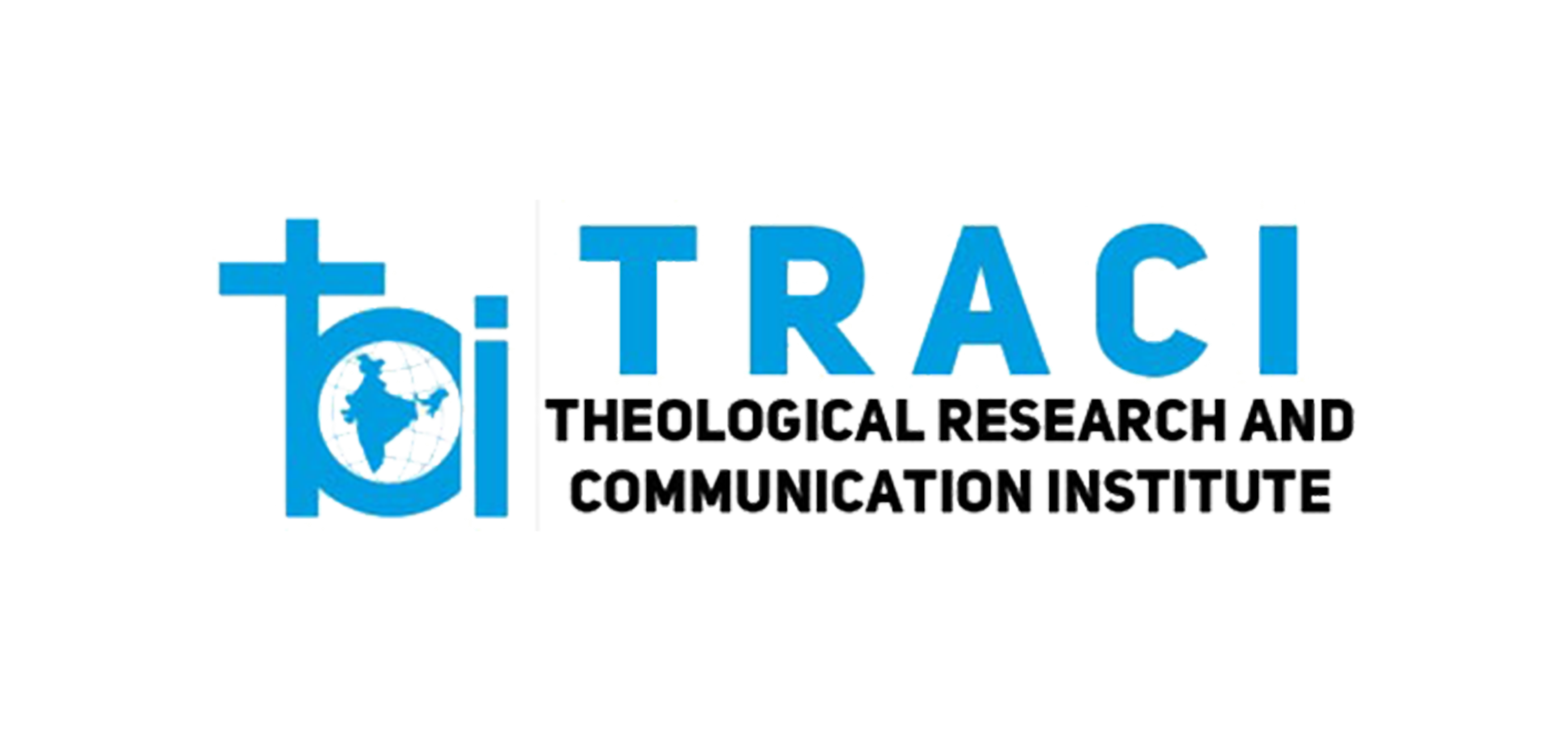Imagine the consternation of the Romans in the 1st century, when Christians called themselves the ‘ecclesia of the Christ.’ To them this meant they were claiming to be ‘the public legislative assembly of the Liberator.’ Christians were therefore immediately perceived a threat to the Roman empire, who proceeded to put to death thousands of those who made this claim.
In those ancient times the city states of Greece had created a structure to self-govern. Town criers would call for a meeting of all adult citizens, the agenda being external or internal threats, electing officials, voting in all matters involving governance. A police force caught absentees who were consequently fined. It was a crime to not participate, to not vote in the general assembly. The expectation was that every individual would, regardless of their location in the social order, be involved, informed, responsible and motivated to contribute to making decisions that affected the nation.
This was the Ecclesia, the socio-political assembly of ancient Grecian states. It deliberated on all national issues. ‘Ek’ means ‘out of,’ ‘kaleo’ means ‘to call.’1 The assembly was called out to make decisions that affected the nation, but always sent back into their city to implement these.
The word ecclesia is mistranslated 114 times as ‘church,’ in the New Testament. The etymology of ‘church’ is different: it is derived from Old English “cirice,” which in turn came from the German “kirika,” which came from the Greek “kuriake,”2 However, this Greek word only occurs twice in the New Testament (I Cor. 11:20; Rev. 1:10) where it essentially means ‘belonging to the Lord.’
In declaring what He would build (Mt. 16:18), Jesus did not use the word temple (a place of worship). Nor did He use the word synagogue3 (a place of study). Instead, He used the word ‘ecclesia,’ meaning exactly what it meant to those in ancient Greece and to the Romans, ie a public legislative assembly.
Jesus announced He would build his Ecclesia, which according to definition were those who were involved, informed, responsible and motivated to contribute to making decisions that affected their region. They were not to be passive, they were expected to be an active people who took interest in the affairs of the region they were in, to themselves be liberators as their Savior was.
The apostles and disciples therefore lived out this injunction: each was called out by Jesus from the life they led, to be sent back into the world as His messengers. Each member of every church was expected in time to be a teacher (Heb. 5:12), which means they would be well versed in Scripture, excellent role models, and able to clearly articulate their life purpose. One of the critical reasons why the church grew like wildfire from 25,000 believers at the end of the first century to 20 million at the beginning of the third4 was because of their passion. This despite severe persecution and tens of thousands of believers put to death in those 200 years by Rome. We are the ecclesia of Christ. Somehow, we have lost the original purpose of our Lord. While we are called out, we unfortunately remain out, never to go back in unless it is to evangelise. We gather to worship in some surreal world, listening passively to one man, sitting inertly on pews, at times impatiently awaiting the benediction. What happened to the priesthood (I Peter. 2:9) of all believers, what has happened to our understanding of the body, which is held together by what every joint supplies, where every part does its share and causes its growth in love (Eph. 4:16)?
| Our mission is to promote human flourishing, to multiply what will aid and assist that. To be those concerned with righteousness, good governance, just laws, and acts of mercy, while introducing them to Christ, on whose shoulders one day the government will be (Is. 9:6). To ensure that we participate in the godly development of our regions, we also make use of our constitutional right to vote for leaders who would ensure such growth. To vote is to participate, to vote is to engage, to vote is to lay before God and man what we long for. Good, honest, secular, neutral, skilled, concerned leaders, committed to the constitution of the land, dedicated to truth and devoted to justice. When we vote, we are true to the character of His ecclesia, we are true to our call as followers of Christ. To not vote, a crime. |
| Sanjiv Ailawadi currently a teacher and trainer, is involved with people and groups to engage around social justice issues. He is married, has three children, and two lovely grandchildren. |
| 1. https://digitalcommons.liberty.edu/cgi/viewcontent.cgi?article=1035&context=jspp 2. https://www.registerguard.com/story/lifestyle/faith/2020/03/13/looper-column-curious-origin-word/984185007/ 3. https://www.facebook.com/victoryworship center andworldoutreach/videos/ecclesia-principles-4122022/531740361645470/ 4. Hirsch, Alan; 2006; The Forgotten Ways, Reactivating the Missional Church; Brazos Press; pg 19. |

